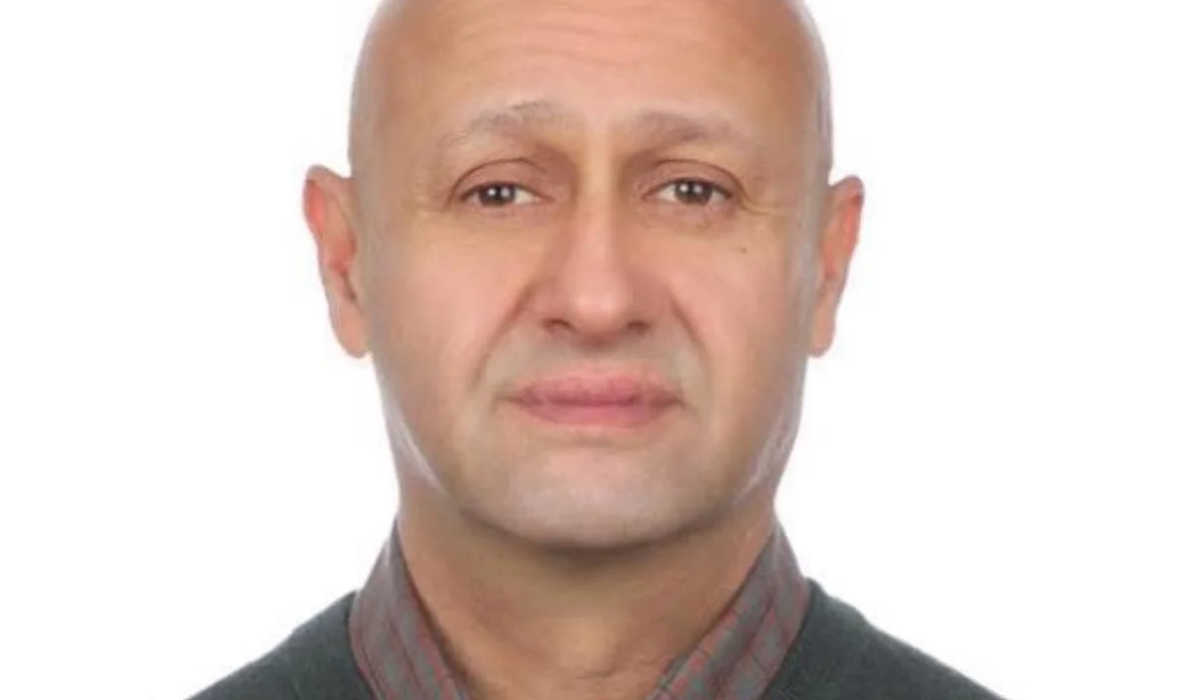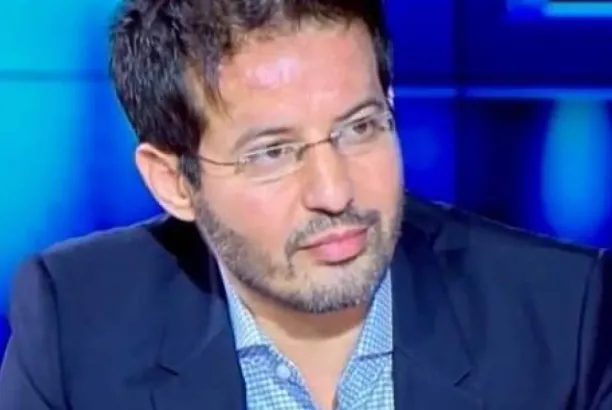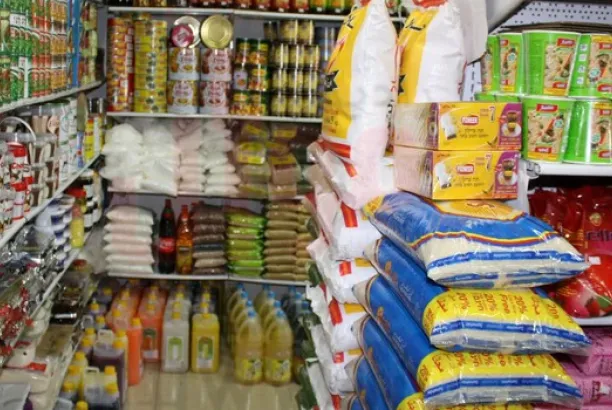
| Economic articles
Al-Khattali Writes: “The State’s Strategy in the Age of Transformation — Morocco as a Model”
The political economy and investment researcher, Amru Al-Khattali, wrote an article in which he stated:
In the field of information technology and innovation, the Casablanca Technopark was established to support the growth of the electronics and semiconductor sectors. As a result, Morocco’s exports of medium-tech products have far surpassed those of its regional competitors, such as Tunisia and Egypt.
To build on the success of the automotive and aviation sectors, which together generate over $16 billion annually in foreign currency and provide hundreds of thousands of jobs, the Kingdom launched a national defense manufacturing program in 2020. This program aims to attract major international companies to invest in two specialized industrial zones in the military sector to produce light weapons, military vehicles, ammunition, and military communication equipment. As an incentive, the government granted a five-year tax exemption to participating companies and allocated $13.2 billion in its budget for the period 2025–2029 to provide the necessary infrastructure for implementing this ambitious program.
The main objectives of this strategy are to increase exports to developing African markets and reduce Morocco’s annual military expenditure, which recently decreased by 2.5%, reaching $5.2 billion.
To support and expand the industrial takeoff plan, the King launched the Industrial Acceleration Plan in two phases: (2014–2020) and (2021–2025), alongside the New Development Model announced in 2021 and extending to 2035. The Industrial Acceleration Plan aims to boost Morocco’s industrial sector by focusing on strategic priorities, including:
- Enhancing local industrial integration
- Reducing import dependency and increasing exports
- Supporting research and development
- Encouraging foreign direct investment
- Expanding access to European and African markets for Moroccan products
- Training national talent for high-paying industrial jobs
This plan aims to solidify Morocco’s position as a regional industrial hub in vital sectors such as pharmaceuticals, aviation and automotive industries, green energy, and more.
Morocco’s New Development Model (2021)
The New Development Model is a strategic roadmap commissioned by the King to address the structural social and economic challenges facing the country, with a vision toward 2035. The model is based on the following pillars:
- Promoting innovation and growth in high value-added sectors
- Strengthening and enhancing the role of the private sector
- Investing in human capital through education and vocational training
- Expanding social protection programs, including universal health coverage, pension systems, unemployment benefits, and gender equality
- Developing rural areas by improving and expanding infrastructure
- Enacting supportive laws and regulations for entrepreneurship and investment
- Institutionalizing governmental decentralization by empowering local and regional authorities
The program seeks to build a sustainable economy that boosts GDP, creates high-quality jobs, and improves the quality of life by enhancing education, health services, and infrastructure by 2035.
Export-driven economic growth depends heavily on effective infrastructure, particularly in roads and ports. In 2000, there were only 300 kilometers of highway, mainly connecting Casablanca–Rabat–Kenitra and a limited part of the road to Fez. By 2020, the total length of Morocco’s expressway network had reached 1,800 kilometers, with a plan to expand it to 3,000 kilometers by 2030, aiming to connect all major cities and boost economic growth.
As a direct result of these initiatives, estimates indicate that these industrial projects currently contribute around 25% of Morocco’s GDP, and have created over 500,000 skilled and well-paid jobs in various sectors, including solar panel and wind turbine manufacturing—such as the Noor Ouarzazate project, one of the largest solar power plants in the world.
In the context of accelerating digital transformation, the Morocco Digital 2030 initiative was launched in September 2024, with the aim of strengthening the country’s digital infrastructure and positioning Morocco as a regional leader in digital infrastructure across Africa, while creating new job opportunities by 2030.
This strategy aims to create 240,000 new jobs and train over 100,000 Moroccan youth annually in digital professions. It also targets modernizing public administration by digitizing 600 public services to improve access, efficiency, and administrative effectiveness.
The core objectives of the Morocco Digital 2030 initiative include expanding 5G network coverage and fiber optic infrastructure to cover the majority of the population, in addition to establishing national sovereign cloud services that ensure the highest levels of data security for both public and private sectors.
Education and training nationwide—especially in artificial intelligence—are considered foundational to this strategy. In this context, a specialized school for AI skills training was established in Taroudant, alongside other programs in institutions in Beni Mellal and soon in Nador.





